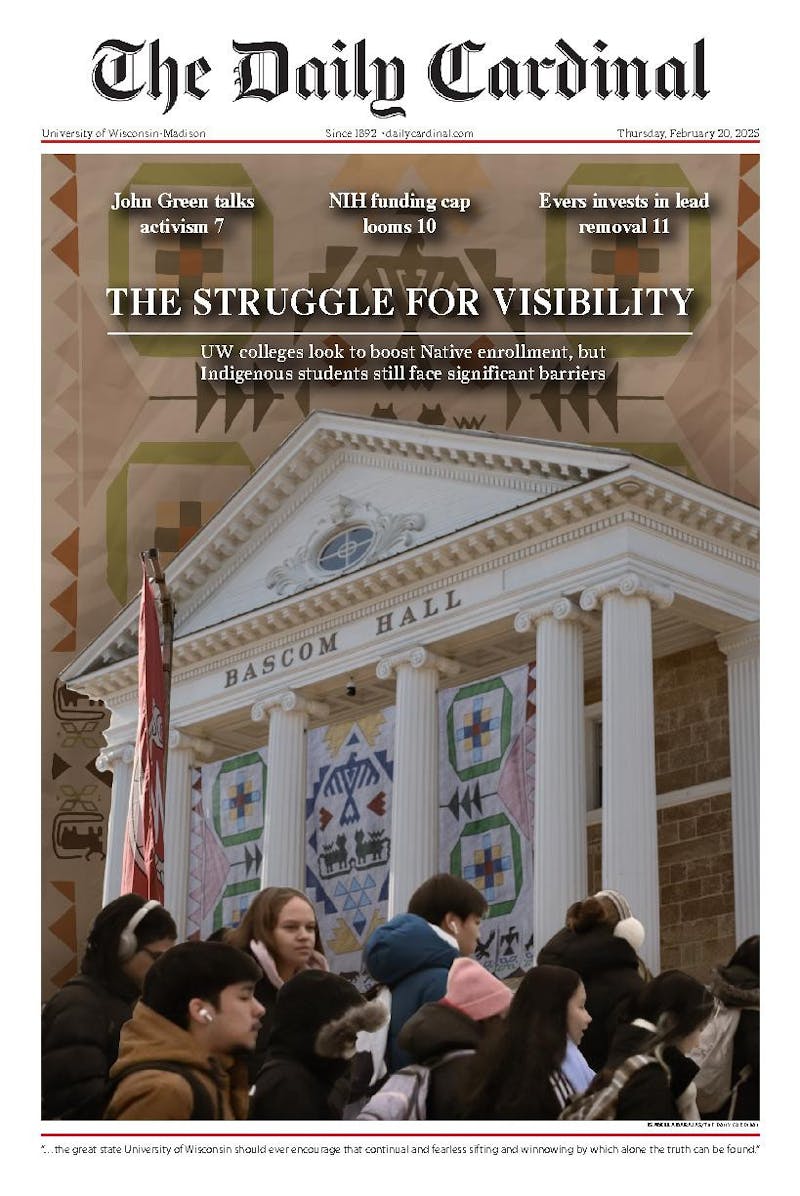The main sponsor of a new court records bill admitted Friday that he exaggerated the number of direct complaints his office received regarding online public access to court records.
State Rep. Marlin Schneider, D-Wisconsin Rapids, told The Associated Press he overstated the number of letters he received from people cleared of charges whose records remain accessible on the Wisconsin Consolidated Court Automation Programs website. A bill that would restrict online public access to CCAP passed out of a state Assembly committee last week.
An inquiry made by the AP revealed that only 59 people sent letters and e-mail complaints since 2006.
Last Tuesday, Schneider told The Daily Cardinal that ""literally thousands of people are being hurt by CCAP.""
In a memo to lawmakers, Schneider said his office ""has hundreds of letters from people all over Wisconsin … that are still dealing with the presumptive guilt that WCCA continues to endorse.""
Peter Fox, executive director of the Wisconsin Newspaper Association, said he was not surprised to hear Schneider's claims were an exaggeration.
""I have heard [Schneider] present the same information, and it simply didn't jive with information that I had,"" he said.
Fox, who is against the bill, said it likely won't pass this session.
""I think Schneider's colleagues will not look kindly upon this,"" he said.
State Rep. Kelda Helen Roys, D-Madison, who introduced the bill with Schneider to the Committee on State Affairs and Homeland Security, said Schneider's overstatement in his memo will ""have zero effect"" on the vote in the Assembly.
Although Roys said this is not ""a big scandal or anything,"" she agreed with Fox that it probably will not pass this session. She said even if the bill does not pass, it will still raise awareness about the issues of privacy and discrimination associated with full public access to CCAP.
""I hope that this bill is going to open the way for the legislature to seriously grapple with the fact that the idea of innocent until proven guilty is not a reality in our current society,"" she said.





